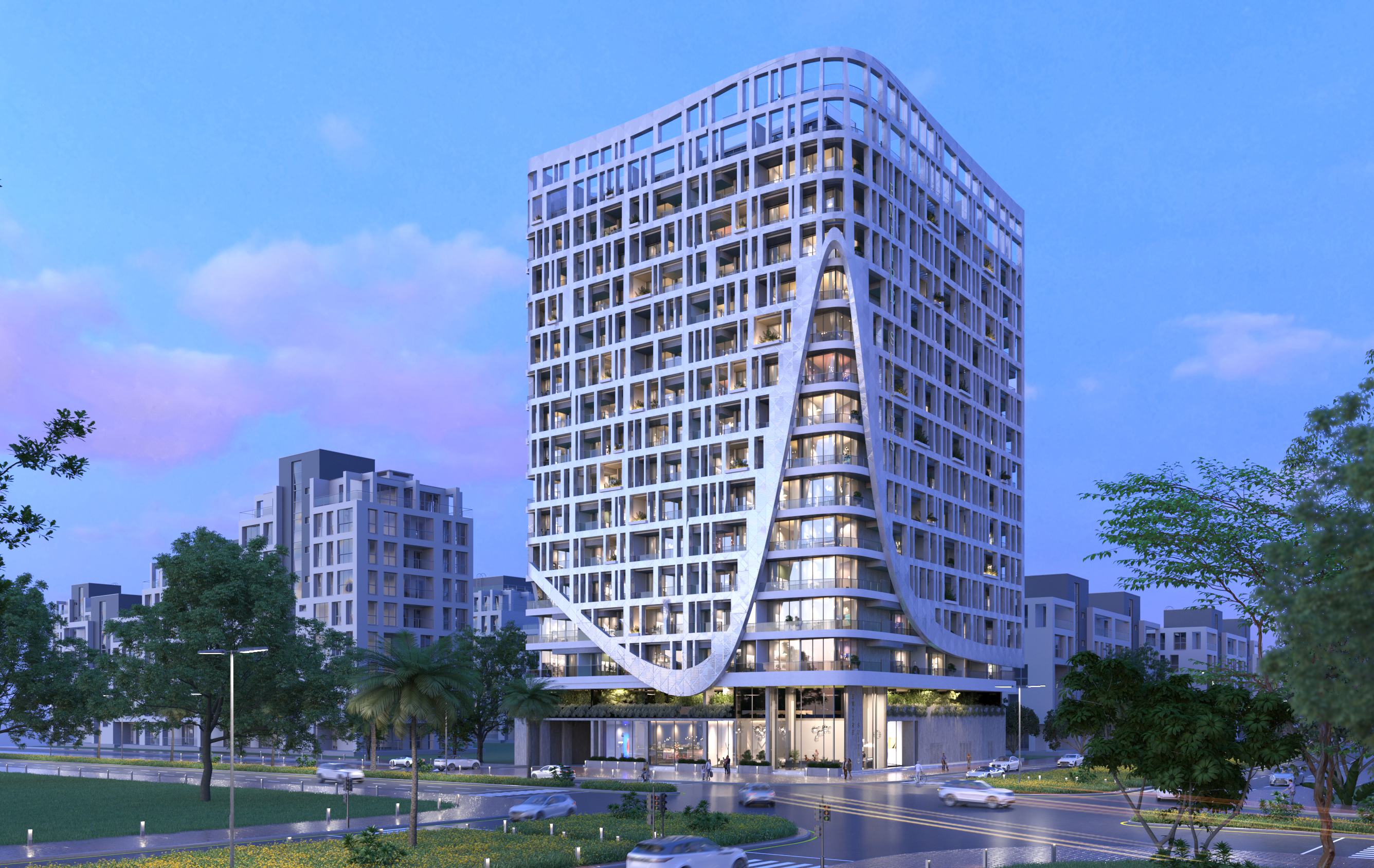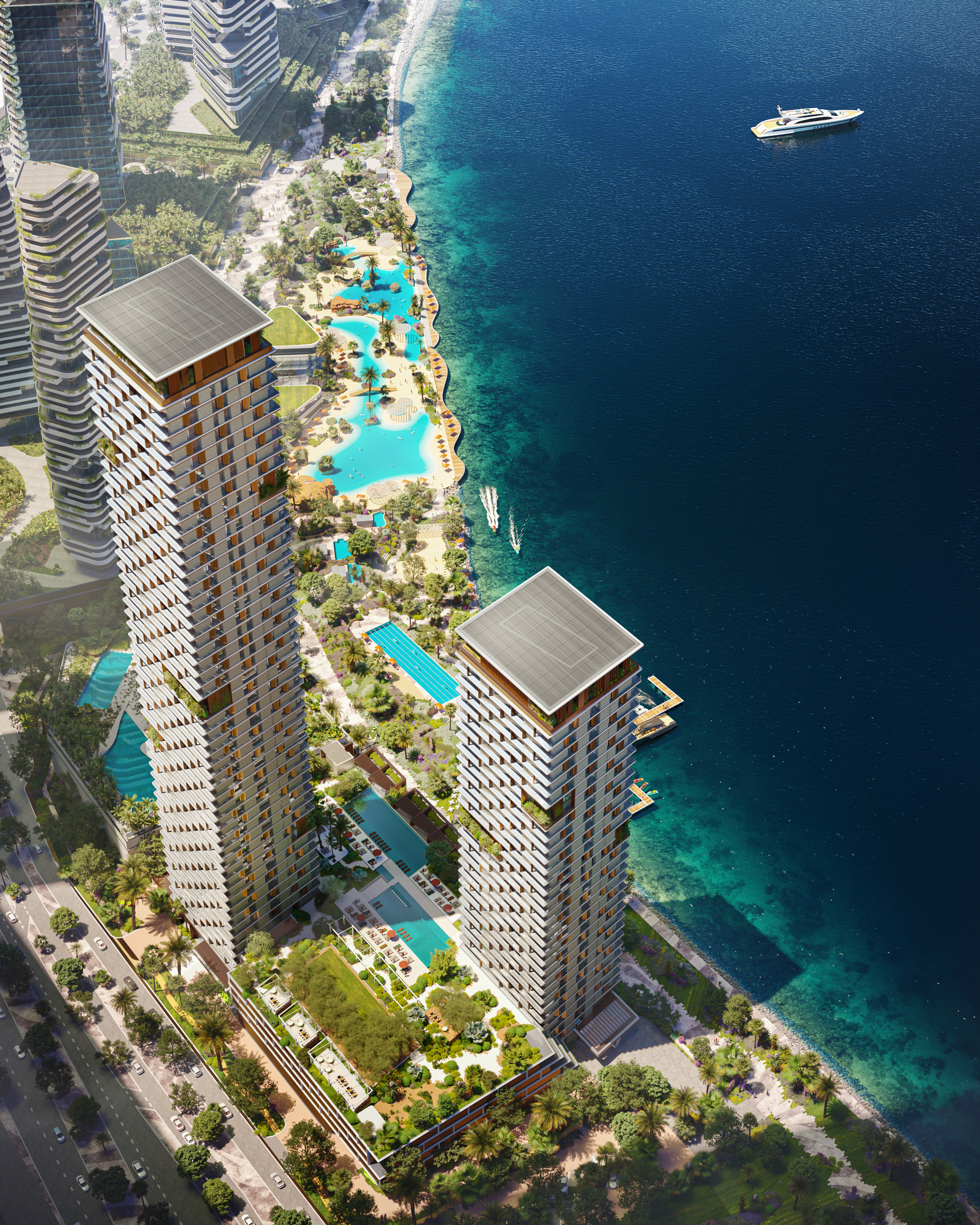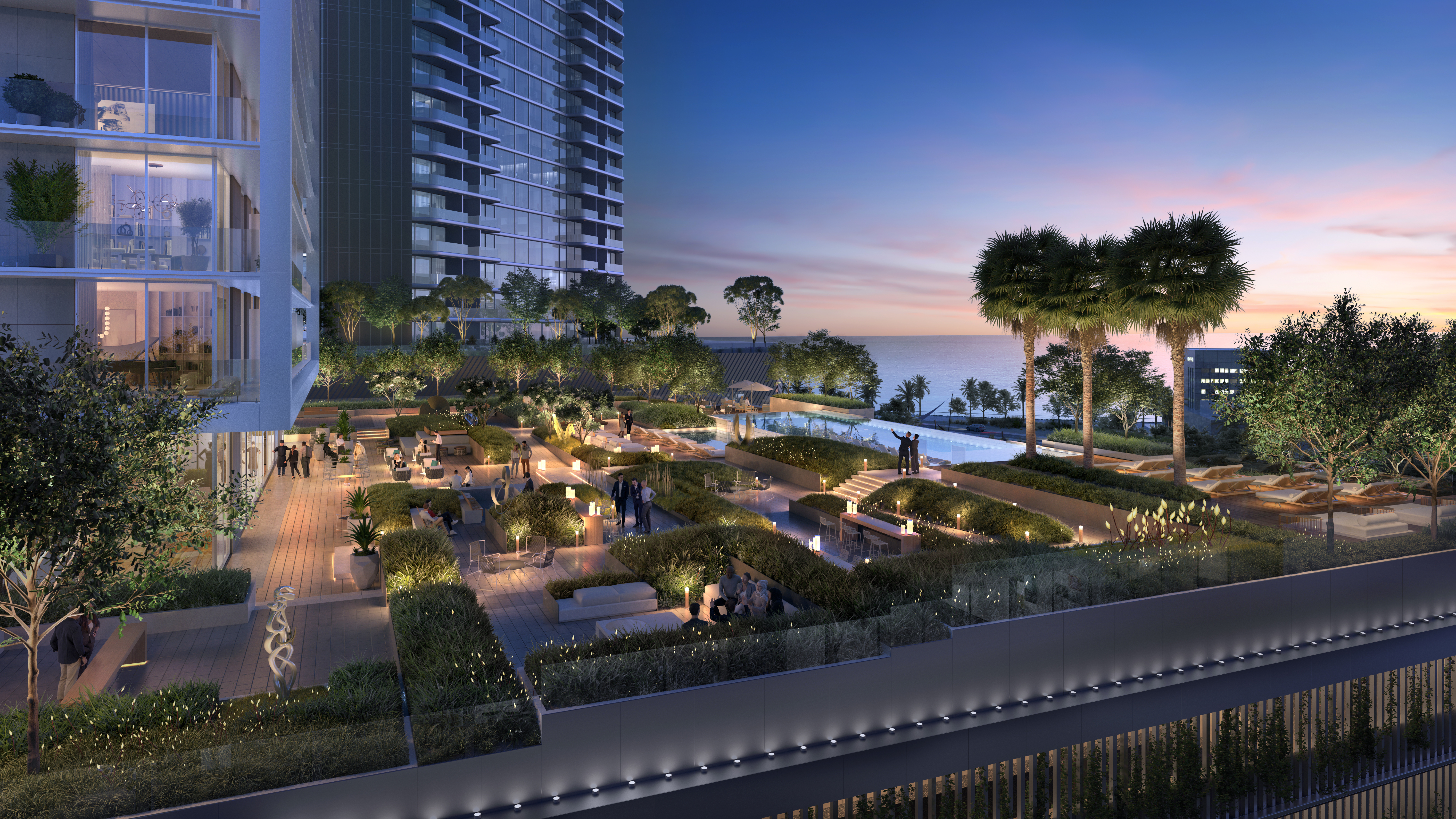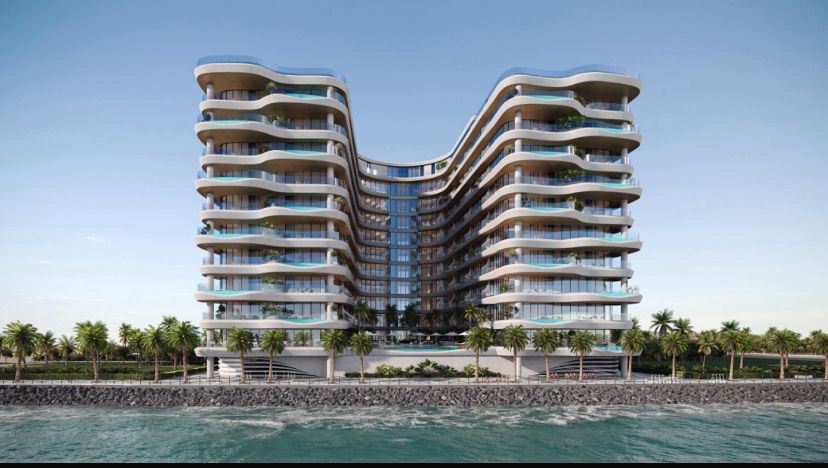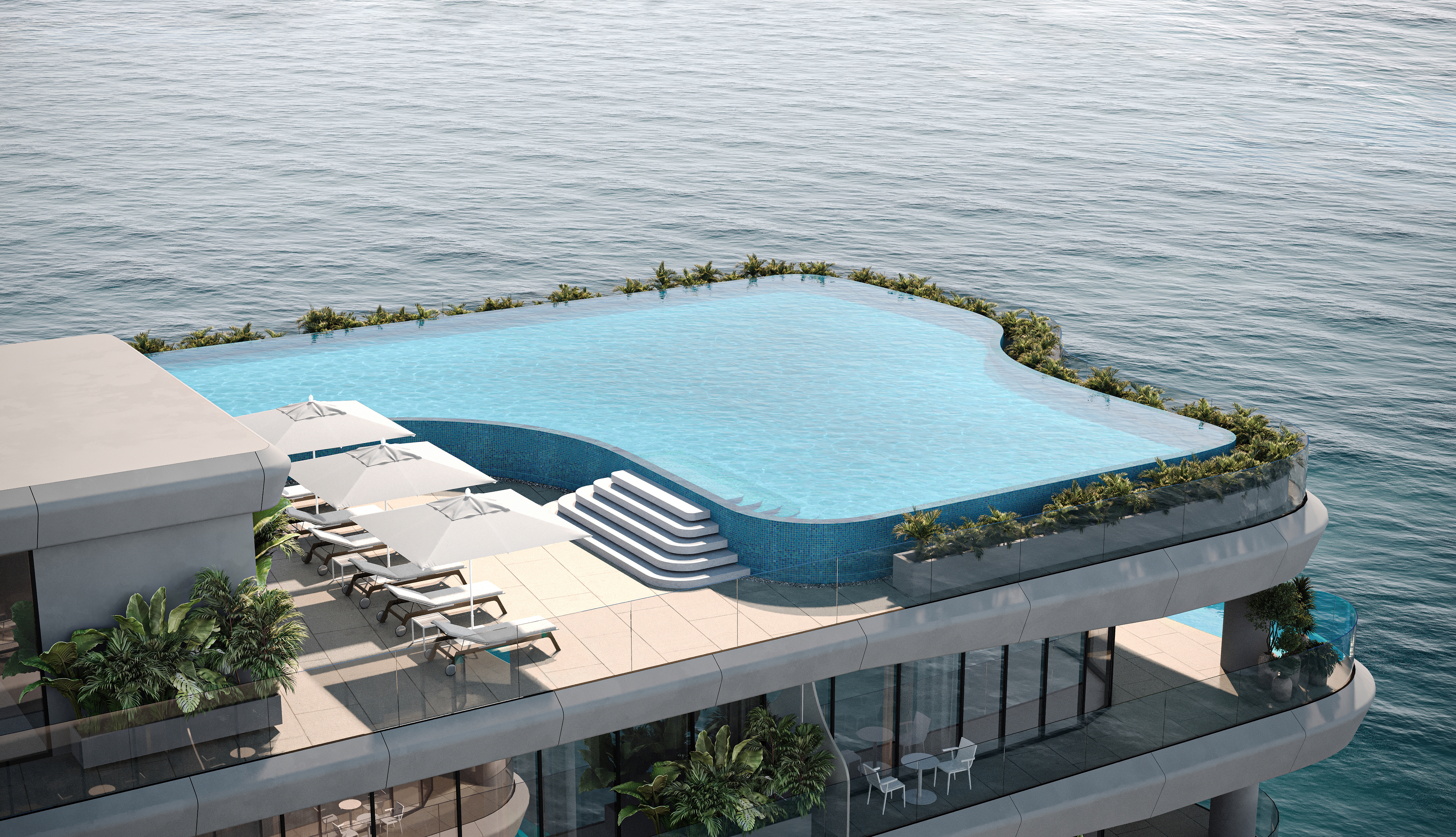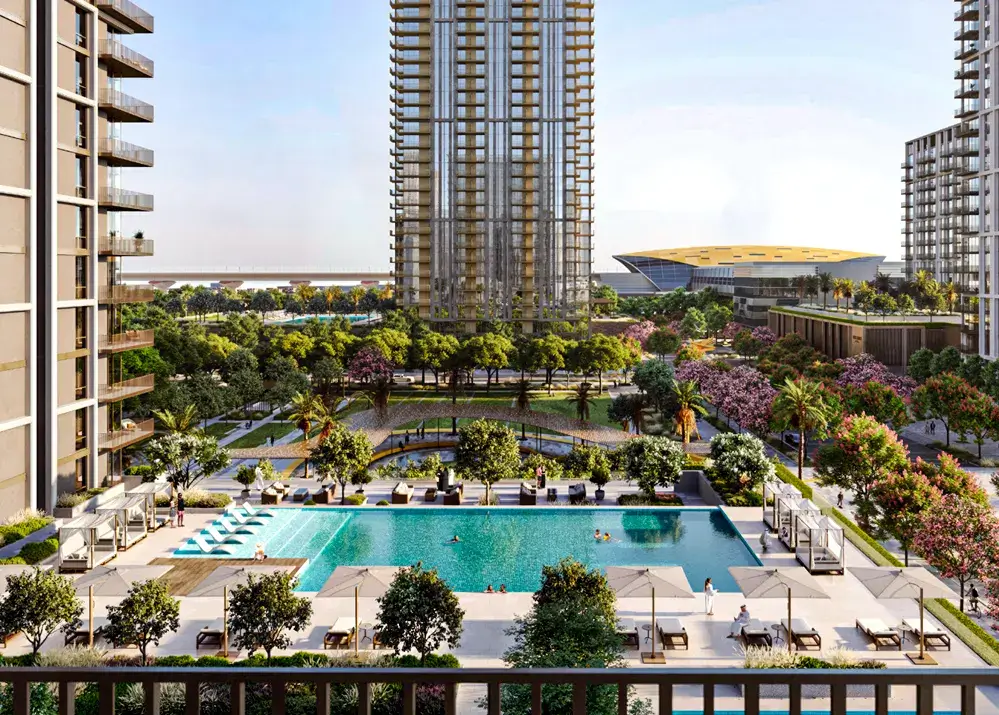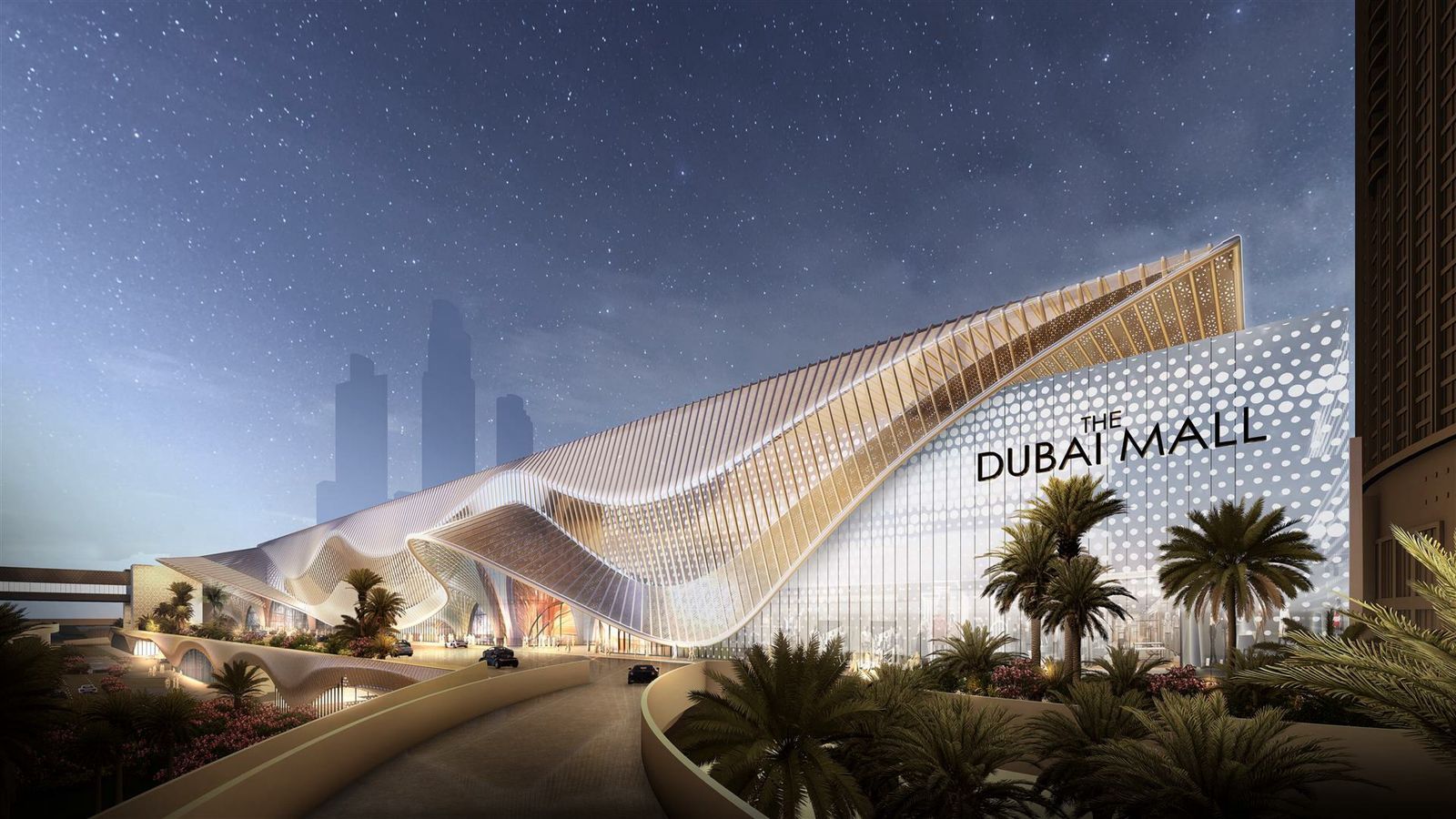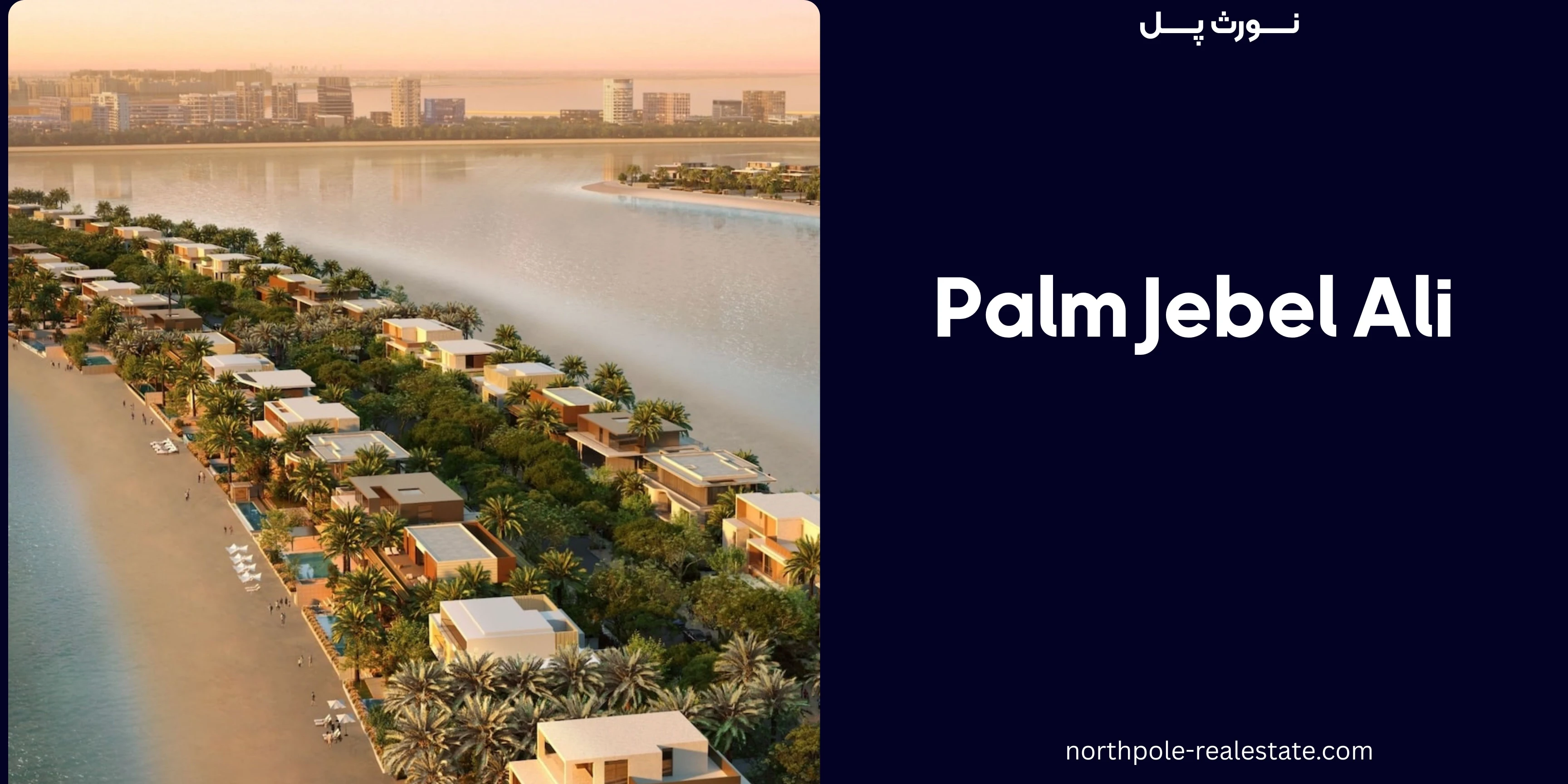Job Salaries in Dubai for Iranians – 2025 Guide

Ever wondered what kind of salary you could earn in Dubai? Consider Ali, a 30-year-old engineer from Tehran who recently landed a tech job in Dubai paying nearly three times his previous salary in Iran. He’s not alone – Dubai’s booming, tax-free economy has attracted over half a million Iranians to live and work there. In this comprehensive guide, we’ll explore how much jobs in Dubai pay (especially for Iranian expats), what requirements you need to work there, and tips to thrive in the UAE job market.
Dubai Job Market Overview for Iranians
based on businessinsider report:
Dubai is one of the world’s leading expat hubs – foreigners make up about 87% of its 3.85 million population. Iranians form a significant part of this diaspora (unofficial estimates say ~500,000 Iranians live in the UAE, mostly in Dubai.
There are many reasons why Iranian professionals flock to Dubai:
-
Tax-Free Income: The UAE levies no income tax, so you keep 100% of your salary. This boosts take-home pay substantially compared to taxed earnings in other countries.
-
Higher Salaries: Dubai’s salaries are often paid in UAE dirhams (AED), which is pegged to the US dollar (stable currency). For skilled roles, pay can be dramatically higher than in Iran due to Dubai’s strong economy and demand for talent.
-
Proximity & Lifestyle: Dubai is a short flight from Iran and offers a modern, high-quality lifestyle. Many are drawn by the luxury amenities, safety, and year-round warm climate. while still being relatively close to home.
-
Diverse Opportunities: As the Middle East’s business hub, Dubai’s job market spans technology, finance, construction, hospitality, healthcare, and more. Companies actively hire international talent – in fact, expats fill about 74% of all jobs in the UAE. Iranians with the right skills (especially in in-demand fields like IT, engineering, or sales) can find ample opportunities.
However, it’s important to have realistic expectations. Dubai’s popularity means competition for good jobs is fierce. An influx of expats has expanded the talent pool, so employers don’t always offer sky-high salaries to attract hires. “The influx of expats is expanding the talent pool... salary stagnation could be due to less need to offer premium salaries when there is already a good set of candidates,” observes Fiona Robson, a business school head in Dubai. In other words, you’ll need to stand out to land the best offers – and ensure the benefits of working in Dubai outweigh the costs (more on costs later).
Work Visa Requirements for Iranians in Dubai
To legally work in Dubai, Iranian citizens must secure the proper work visa and permits. Fortunately, the UAE is very accustomed to hiring expats. Here are the key requirements and steps:
-
Job Offer & Sponsorship: You must have a job offer from a UAE employer who will sponsor your work visa. The company essentially applies for and “hosts” your work permit. (There is no option for Iranians to just move and job-hunt on a tourist visa; you need an employer sponsor first.)
-
Work Visa (Employment Residence Visa): Once you sign a contract, your employer arranges for a residence visa for employment. This involves approval from the Ministry of Labor and a residency stamp in your passport. Most visas are valid 2–3 years and renewable. Tip: Many employers cover the visa costs.
-
Documents: You’ll typically need a valid passport, copies of your job contract or offer letter, and authenticated educational certificates or professional licenses (for skilled roles). You’ll also undergo a medical exam and provide a police clearance. These are routine procedures for all foreign workers.
-
Labor Card & ID: Upon arrival, you get an Emirates ID card and labor card. Always carry identification; it’s required by law.
-
Visa Types: Aside from standard work visas tied to an employer, the UAE has introduced new pathways like the 5-year Green Visa for skilled professionals and the 10-year Golden Visa for investors or highly talented individualsy-axis.com. These are worth exploring if you qualify, as they offer more flexibility (e.g. you can sponsor yourself without a company).
-
Language: While not an official requirement, proficiency in English is practically a must for most jobs. Many workplaces use English as the business language. Knowing Arabic can be a bonus in certain sectors (government, sales, etc.), but it’s not mandatory for most private sector jobs. If your English needs improvement, invest time in it before seeking Dubai jobs.
Most Iranian expats find the work visa process straightforward once they have an employer on board. Ensure any job offer is legitimate and beware of scams – e.g. no real company will ask you to pay for a visa in advance or “guarantee” a visa without a job. Always follow official channels. For detailed guidance, see UAE government resources on work visa rules or consult with a relocation expert.
How Much Do Dubai Jobs Pay on Average?
How much do Dubai workers get paid? This is a big question for anyone considering a move. The short answer: salaries in Dubai vary hugely based on your industry and experience – from very low-wage labor jobs to extremely high executive pay. Let’s break down the overall landscape:
-
Overall Average: As of 2025, the average annual salary in Dubai is around AED 190,000–258,000 (approximately $52,000–$70,000). That’s about AED 16,000–21,500 per month on average. This figure is high partly because Dubai has a concentration of well-paid professionals and managers. In fact, Dubai’s average wage is the highest in the GCC region.
-
Median Salary: A more telling metric is the median monthly salary, around AED 19,000. This means half of workers earn less than 19k and half earn more. So while averages are boosted by wealthy earners, the typical worker might make around 15–20k AED a month.
-
Range – Min to Max: Dubai has no official minimum wage (labor law only suggests guidelines of AED 5k for skilled workers, but it’s not enforced). In reality, expat salaries range from as low as ~AED 800–2,000 per month for certain laborers, up to AED 80,000+ for senior executives at top companies. The broad “middle” range of salaries for full-time jobs is often quoted between AED 4,000 to 99,000 monthly – an enormous span! In general, unskilled roles in sectors like cleaning, construction, or retail fall on the lower end (a few thousand dirhams), whereas specialized professionals and managers can command tens of thousands of dirhams per month.
Construction workers on a Dubai site. Dubai’s income disparity is wide – 48% of expat workers earn under AED 2,500 monthly, mostly in low-skill jobs. Only about 17.5% of foreigners earn above AED 10,000 per month. In other words, while Dubai has many high-paid jobs, there are also hundreds of thousands of workers (often in manual or service roles) making very modest incomes. This inequality stems from the large migrant workforce from South Asia and other regions who take low-paying work.
Several factors influence how fat your Dubai paycheque will be:
-
Job Field: Salaries differ greatly by profession. For example, tech and finance roles pay well above service or administrative jobs. According to one salary survey, top management positions average above AED 35k/month, whereas sectors like hospitality or general labor average closer to AED 10–13k. A surgeon or investment banker might earn a package in the hundreds of thousands of dirhams annually, while a mall cashier might make under AED 3k a month. (We’ll see specific examples in the next section.)
-
Experience & Skills: Seasoned professionals earn more. Dubai employers pay a premium for experience. Someone with 10+ years in a field can earn double what a fresh graduate makes. Specialized skills (e.g. cloud computing, bilingual abilities, certifications) also boost value.
-
Nationality & Negotiation: It may surprise you, but salary can even depend on your passport. There’s an unspoken hierarchy in some industries – for instance, Western expats and Emiratis are sometimes offered higher packages, while South Asian workers might be offered less for similar roles. Iranians often fall somewhere in the middle. This isn’t a hard rule, but be aware that you should negotiate and not undersell yourself. If you have strong qualifications, don’t be shy to ask for a salary on par with market rates (use sites like PayScale or GulfTalent to research benchmarks).
-
Education Level: Higher degrees generally mean higher pay. For example, a Master’s holder could earn 20–30% more than someone with only a high school diploma in the same field.
It’s also worth noting that despite Dubai’s booming economy, salaries in 2025 have been relatively flat in many sectors. A survey by recruitment firm Cooper Fitch projected 0% average salary growth for the year– essentially, no big raises – because the supply of candidates has kept up with demand. So don’t expect huge annual raises unless you get a promotion or switch jobs. In fact, “Dubai remains a magnet for high-income earners... however, those less well-off may feel the pinch,” notes Dr. Washika Haak-Saheem of University of Dubai. The job market is strong, but as more qualified people move in, companies have less pressure to inflate salaries.
Salary Ranges for Common Jobs (Iranian Expats)
So, what can you actually earn in Dubai? Let’s look at typical monthly salary ranges for various jobs that many Iranian expats (and others) work in. These figures are averages for 2025 and can vary by experience and company, but they give a ballpark:
| Job Title | Monthly Salary (AED) | Approx. USD |
|---|---|---|
| Software Engineer / Developer | 18,000 – 25,000 AED | $4,900 – $6,800northpole-realestate.com |
| Accountant | 8,000 – 13,000 AED | $2,200 – $3,500northpole-realestate.com |
| Registered Nurse (Hospital) | 5,000 – 12,000 AED | $1,360 – $3,270terratern.com |
| School Teacher (Persian/Int’l School) | 6,000 – 9,000 AED | $1,630 – $2,450 |
| Graphic Designer | 7,000 – 12,000 AED | $1,900 – $3,300 |
| Office Administrator / Receptionist | 4,000 – 7,000 AED | $1,090 – $1,910glassdoor.com.auglassdoor.com.au |
| Waiter / Waitress (Restaurant) | 3,000 – 5,500 AED | $820 – $1,500 |
| Driver (Taxi / Company) | 3,500 – 6,500 AED | $950 – $1,770 |
| Construction Worker | 2,500 – 4,500 AED | $680 – $1,225 |
| Chef (Persian Cuisine) | 2,500 – 3,500 AED | $680 – $950glassdoor.com.au |
Table: Average salary ranges for various jobs in Dubai (monthly gross pay). These figures include expats of all nationalities; most positions are open to Iranians with the right qualifications. Note that certain jobs also provide accommodations or allowances (for example, some teachers, domestic workers, or construction laborers get free housing and transport from their employer, which effectively increases their compensation).
A few observations from the table: a software engineer or IT professional can earn around AED 20k/month, making tech one of the higher-paid fields for expats. Jobs in finance (accountants, analysts) also pay comfortably enough to save money. Teachers and designers earn moderate salaries – not huge, but often with benefits like housing or annual airfare. On the lower end, service jobs like waitstaff, drivers, or cooks yield just a few thousand dirhams per month. Many Iranians in Dubai open or work in Persian restaurants, for instance – a listing for an “Iranian Chef” in Dubai offered about AED 2,500–3,500 per month (plus meals, possibly tips). Such incomes, while much higher than a similar job would pay back in Iran, may only afford a basic living in Dubai (often these workers share accommodations to save money).
Experience Spotlight: Mina, an Iranian graphic designer with 5 years’ experience, secured a job in Dubai at AED 10,000 per month – roughly $2,700. It comfortably covers her expenses, and she saves enough to send money to family in Iran. Her friend Reza, however, works as a hotel receptionist for AED 4,500 a month (~$1,225). He manages by living in shared housing provided by the hotel and budgeting tightly, since Dubai’s living costs are high. These examples show how salaries directly impact lifestyle. It’s crucial to calculate your cost of living to determine what a “good” salary means for you.
Cost of Living Note: Dubai is an expensive city, and you should factor that in when evaluating salaries. As of late 2024, a single person’s average living costs (excluding rent) are about AED 4,000 per month for food, transport, utilities, etc. Add housing on top: renting a one-bedroom apartment costs around AED 5,000 – 8,000 per month depending on location (outside the city center vs. downtown). That means for a single expat, AED 8,000 – 12,000 monthly income might be the minimum to live comfortably without room-sharing. Indeed, one expert recommends at least AED 7,000+ per month for a modest but decent lifestylenorthpole-realestate.com. Always research housing options or see if your employer provides an accommodation allowance.
Dubai’s housing and living costs have been rising recently. The city was ranked the most expensive in the Middle East for expats (15th worldwide) in 2024. “Rents rose by an average of 16% in one year,” notes CBRE analyst Matthew Green, due to surging demand. If your salary doesn’t keep pace, it can squeeze your budget. As Professor Rizwan Tahir cautions, “The disparity between escalating living costs and stagnant salaries poses financial challenges for many expatriates.” Translation: Don’t jump at a job offer without considering if the pay will sustain the lifestyle you want in Dubai. A seemingly high salary can evaporate once you account for rent, bills, and the occasional luxury like dining out (which is pricey in Dubai).
Advantages and Challenges of Working in Dubai (for Iranians)
Like any major move, relocating to Dubai for work has its pros and cons. Let’s sum up the key points:
✅ Advantages:
-
Tax-Free High Incomes: As noted, no income tax means you keep your whole paycheck – a huge financial advantage. This is especially beneficial if you land a well-paid job; you can save much faster than in a taxed economy.
-
Plenty of Opportunities: Dubai’s economy is diverse and growing. Iranians have found success in fields like tech startups, real estate, tourism, trade, and finance. The city actively welcomes foreign talent – 87% expat population speaks for itself. If you have expertise, there’s likely a demand for it in Dubai’s job market.
-
Career Growth & Experience: Having Dubai on your CV can be valuable. Many expats gain international work experience, improve their English, and network with professionals from around the globe. This can boost your career long-term, whether you stay in Dubai or move on later.
-
Geographic Proximity: Dubai is just a short flight from Iran. This makes it easier to visit family back home or even do business trips. Culturally, being in the Middle East means Iranians adjust more quickly (food, social norms, and climate have familiar aspects). There’s also a thriving Iranian community in Dubai – Persian restaurants, grocery stores, and community groups – so you won’t feel alone.
-
Quality of Life & Safety: Dubai offers a very high standard of living: modern apartments, clean streets, low crime, top-notch infrastructure, and excellent healthcare and education. It’s a very safe city, with strict law enforcement. For those coming from economic uncertainty, Dubai’s stability and pegged currency (AED to USD) are reassuring.
⚠️ Challenges:
-
High Cost of Living: As discussed, living in Dubai is costly. Housing, schooling (if you have kids), and even a night out can dent your wallet. If you’re not earning a strong salary or budgeting wisely, you might save less than you hoped. For mid-income professionals important to Dubai’s growth, “ensuring sustained salary growth remains an area of focus,” says Dr. Haak-Saheem – in short, negotiate well and plan finances.
-
Job Market Competition: Dubai’s popularity means lots of competition for good jobs. You may be competing with candidates from many countries. Employers can be picky and may offer lower salaries knowing many people want to work in Dubai. It can also take time to land your first job here – you might need patience, persistence, and a solid professional network. Don’t be discouraged by rejections; keep improving your skills.
(On the flip side, certain sectors are desperate for talent – e.g., nurses, developers – and can’t find enough qualified people, which is an opportunity to fill those gaps.) -
Work Culture & Regulations: The work week in Dubai is typically Sunday-Thursday. Expect possibly long hours; one report found UAE employees work an average 51 hours/week, one of the highest globally. Workplace culture can be a mix of Western and Middle Eastern styles. There’s often a strong hierarchy in companies. Also, labor laws are different – e.g., end-of-service gratuity instead of pension. Ensure you understand your contract (annual leave, health insurance, etc. are usually included by law).
-
Cultural and Language Adjustments: While Dubai is very cosmopolitan, it is still an Arab/Muslim society at its core. As an Iranian, you may find many customs familiar, but there will also be differences. Not everyone speaks Farsi (English is the lingua franca). You might need to adjust to local norms (for example, Ramadan fasting hours, or modest dress codes at work). Showing respect for Emirati culture and Islamic traditions is important. The good news: Dubai is quite tolerant and used to expats, so it’s more about awareness than a major obstacle.
-
Visa Dependence: Your legal status in Dubai is tied to your job. If you lose your job, you generally have a limited time (often 30–90 days) to find a new sponsor or leave the country. This can cause stress if job security is shaky. Ensure you work for a reputable company that will properly sponsor and renew your visa. The UAE is introducing longer-term visas (5- or 10-year) for certain cases, but most expats still rely on employer visas.
In summary, Dubai offers Iranian expats huge upside – higher earnings, career growth, and an exciting lifestyle – but it comes with caveats of high expenses and the need to adapt. Many Iranians thrive in Dubai, but success often depends on going in with a solid plan (and savings to cushion initial months).
Practical Tips for Iranian Job Seekers in Dubai
If you’re an Iranian planning to find a job in Dubai, here are some actionable tips to maximize your chances and make a smooth transition:
-
Polish Your CV and Skills: Prepare a professional English CV that highlights any international experience or globally-relevant skills. Emphasize your technical skills, languages, and achievements. If your field demands certain certifications (IT, finance, etc.), consider getting those before you apply. A well-crafted LinkedIn profile is also essential – many recruiters in Dubai use LinkedIn actively.
-
Use the Right Job Platforms: Leverage job search sites popular in the region. Top ones include LinkedIn, Bayt, GulfTalent, Indeed, and NaukriGulf. For instance, Bayt and GulfTalent allow filtering by location and industry and are widely used by Gulf employers. Also check company career pages and recruitment agencies. Networking helps too – if you have any contacts in Dubai, let them know you’re job hunting.
-
Apply from Iran (or Anywhere): You can apply for jobs online from Iran; you typically do remote interviews via Zoom/phone. It’s not usually necessary to physically be in Dubai to get hired (unless you’re already there on a visit). Many Iranians get an offer first, then move. Just ensure your passport is in order and you can travel when needed. Pro tip: Translate and attest your university degrees at the UAE embassy in Iran – many employers will ask for attested documents for visa processing.
-
Join Iranian Expat Communities: Tap into the existing Iranian network in the UAE. There are Iranian business councils, cultural centers, social media groups (Telegram, WhatsApp, Facebook) where job leads and advice are shared. For example, Dubai’s Iranian Club and informal meetup groups can provide support and valuable word-of-mouth opportunities. Sometimes, fellow Iranians can refer you to job openings in their companies – referrals go a long way in Dubai’s job market.
-
Start Humble if Needed: If you’re early in your career or lack international experience, be open to mid-level or even entry-level positions in Dubai to get your foot in the door. You can work your way up. The key is getting that first UAE experience on your CV. Many expats start one rung lower than they would back home, but then progress quickly due to meritocracy. Once you prove yourself, you could be promoted or jump to a better job at another firm.
-
Research Salary & Benefits: Before accepting any offer, research the salary range for that role in Dubai (you can use sites like Glassdoor, SalaryExplorer, or ask in expat forums). Don’t be afraid to negotiate – ask if the package includes housing allowance, health insurance (usually yes), annual flight tickets home, bonus, etc. These perks are common in the UAE. Also clarify the work visa and any probation period terms. It’s easier to negotiate upfront than after you’ve started.
-
Plan Your Finances: Moving to Dubai can be costly initially (flight tickets, temporary accommodation, etc.) – though many employers cover relocation, not all do for junior roles. Have some savings as a buffer. Open a UAE bank account as soon as you arrive (note: due to certain sanctions, some banks might have additional compliance for Iranian nationals – but generally, many Iranians do have bank accounts in Dubai, especially if they have residency). Familiarize yourself with currency exchange rates and how to send money back to Iran if you plan to support family – exchange houses like Al Ansari or banks can do wire transfers (though direct channels to Iranian banks may not exist, expats often use exchange brokers).
-
Respect the Laws: Finally, a reminder to stay on the right side of UAE laws. Dubai is very strict about drugs, drunk driving, public behavior, etc. Even seemingly minor things (like aggressive social media posts) can have legal consequences under UAE law. As an expat, your residency is a privilege, so maintain a good record. The UAE is generally very welcoming to Iranians – many Emiratis have Iranian ancestry and the two countries have longstanding ties – but you are expected to follow local regulations.
By following these tips, you’ll increase your odds of not only landing a job in Dubai but also building a successful, long-term career there. Many Iranians have gone on to become entrepreneurs, senior managers, or top experts in Dubai – you can too, with the right preparation.
Conclusion
In 2025, Dubai remains one of the top destinations for Iranian professionals seeking to elevate their careers and income. The city offers the allure of high salaries, international experience, and a vibrant lifestyle that’s hard to match elsewhere. As we’ve seen, job salaries in Dubai for Iranians can vary widely – some may find modest-paying jobs, while others secure life-changing paychecks. The key is to enter the market informed and prepared: understand the costs, meet the visa requirements, sharpen your skills, and approach the move with clear goals.
With the right information and determination, working in Dubai can be a tremendously rewarding experience. You’ll not only improve your financial situation but also gain new perspectives by living in a global crossroads city. If you’re aiming to take this exciting step, start now – update your CV, connect with recruiters, and apply to that dream job. Your Dubai success story might be just around the corner.
(Considering moving to Dubai? North Pole Real Estate is here to assist you in finding the perfect home and provide guidance for a smooth relocation. Contact us for personalized help with your Dubai journey!)

Skyrise in Business Bay offers iconic design, luxury living, and world-class amenities in the heart of Dubai.
"Mercedes-Benz Places: A futuristic luxury tower in Dubai, inspired by elegance and engineering precision."
Special Offer: Pay 10% Down Payment Monthly 0.3% Installments (50/50 Flexible Payment Plan)
Luxury 5-bed villas by Emaar with green spaces, clubhouse, polo fields, flexible payment till Feb 2029.
World’s tallest residential tower in Dubai, where Jacob & Co’s luxury meets architectural brilliance.
Trillionaire Residences offers waterfront luxury in Business Bay, with designer finishes, smart tech & canal views.
Ultra-luxury residences in Dubai inspired by the French Riviera & Bugatti’s iconic automotive design philosophy.
Modern & elegant apartments in JVC with stunning design, premium quality, and strong investment value.
Rosehill at Dubai Hills: Nature-inspired living with golf views, lush spaces, and refined 1–3BR residences by Emaar.
Luxury 4 & 5 BR villas at Jumeirah Golf Estates with world-class golf, wellness, and lifestyle amenities by DarGlobal.
Trump Tower Dubai: Iconic luxury living with residences, hotel, and private club in the heart of Downtown Dubai.
Starlight by Binghatti: Luxurious living in Dubai, inspired by stars, with modern design and premium amenities.
Luxury projects by Meraas, Nakheel, Meydan & DP with updated marketing materials link
Luxury marina living by VIDA at Rashid Yachts—stylish apartments, world-class amenities, and sea-inspired design.
Luxury ARYA Residences in Dubai: 1-5BR units, premium amenities, from AED 1.9M. Handover: 2027.
Luxury "Sky Suites" in JVC with private pools, rooftop cinema & smart tech. Studio to 2BR duplex units.
Luxury "Orise" in Dubai: Modern 1-4BR units, infinity pool & sea views. Smart home tech & premium amenities.
Luxury "SARIA" in Dubai: Sea-view residences, infinity pool, 3,280 sqft gym & spa. Resort-inspired 38-floor tower.
🏡 Trussardi Residences, Al Furjan | Luxury furnished apts, 1min to metro | From AED 900K | 64/36 payment plan
"Gianfranco Ferré" RAK: 1-3BR residences w/ private pools, Italian design & sea views. Handover Q1 2028.
Last chance at Nad Al Sheba! 🏡 3-5BR villas. 20% down. 2029.
Luxury Emaar apartments in Dubai Creek Harbour. 1-3 bedrooms with Burj Khalifa views. Premium amenities & payment plan.
LEOS ROYAL: World's 1st AI Green Community in Dubai. Luxury villas, smart amenities, serene canals.
Dubai Square Mall – Dubai Creek Harbour’s next-gen retail, dining & entertainment hub.
Sobha Siniya Island: Reality vs. Hype? Full investment review of the Umm Al Quwain (UAQ) project. Compare prices
Palm Jebel Ali is presented as a monumental real estate project in Dubai, set to redefine luxury waterfront living.

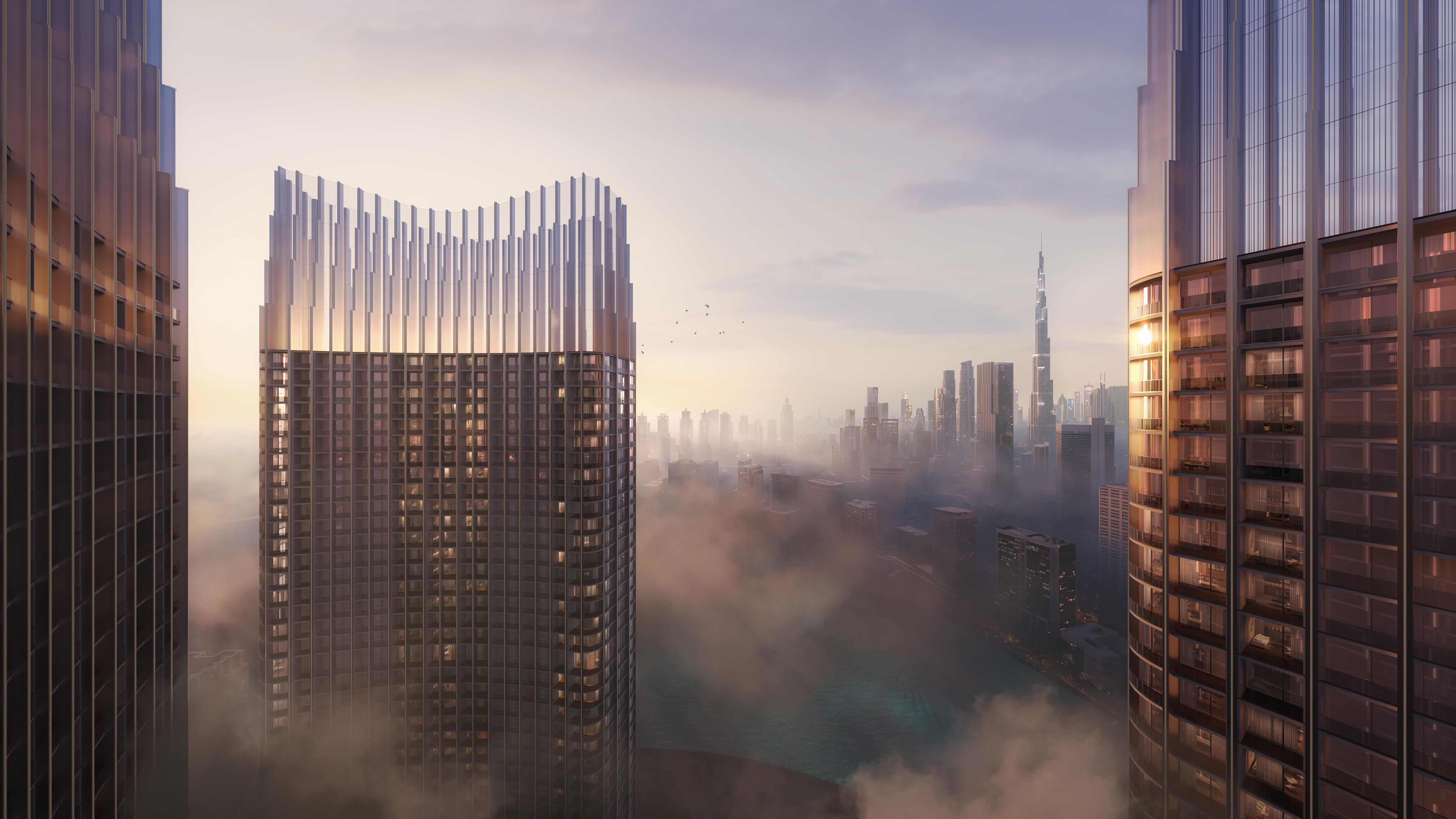
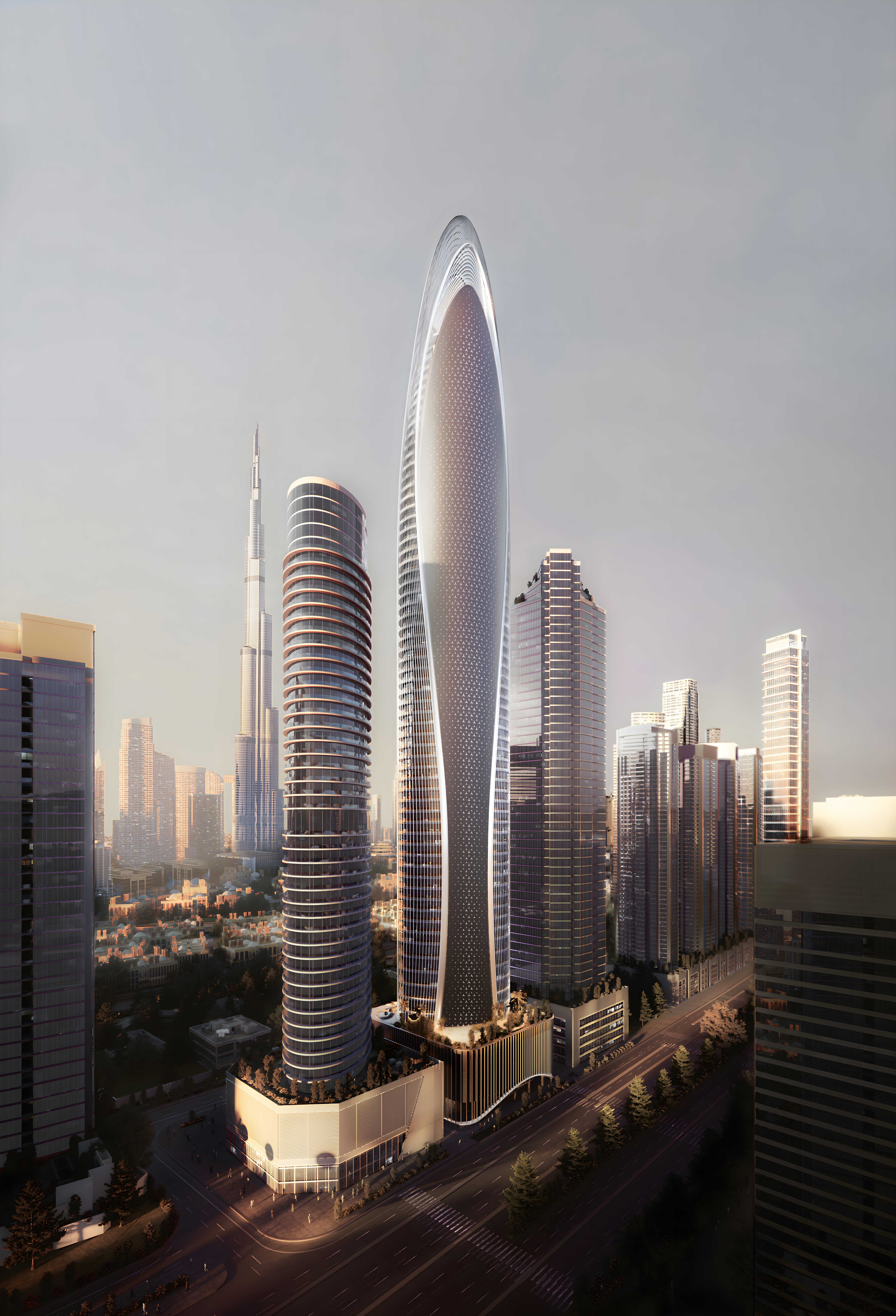



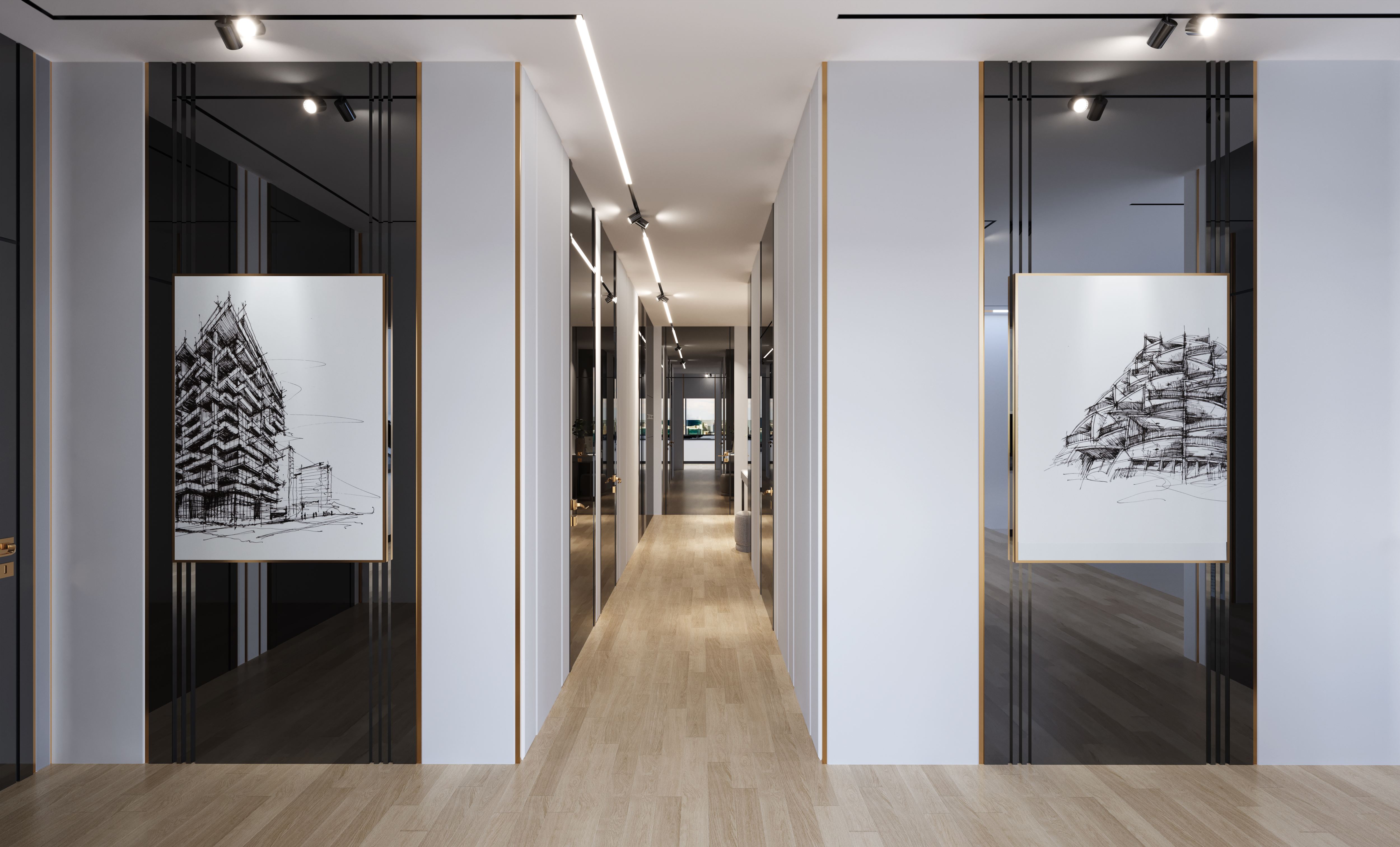
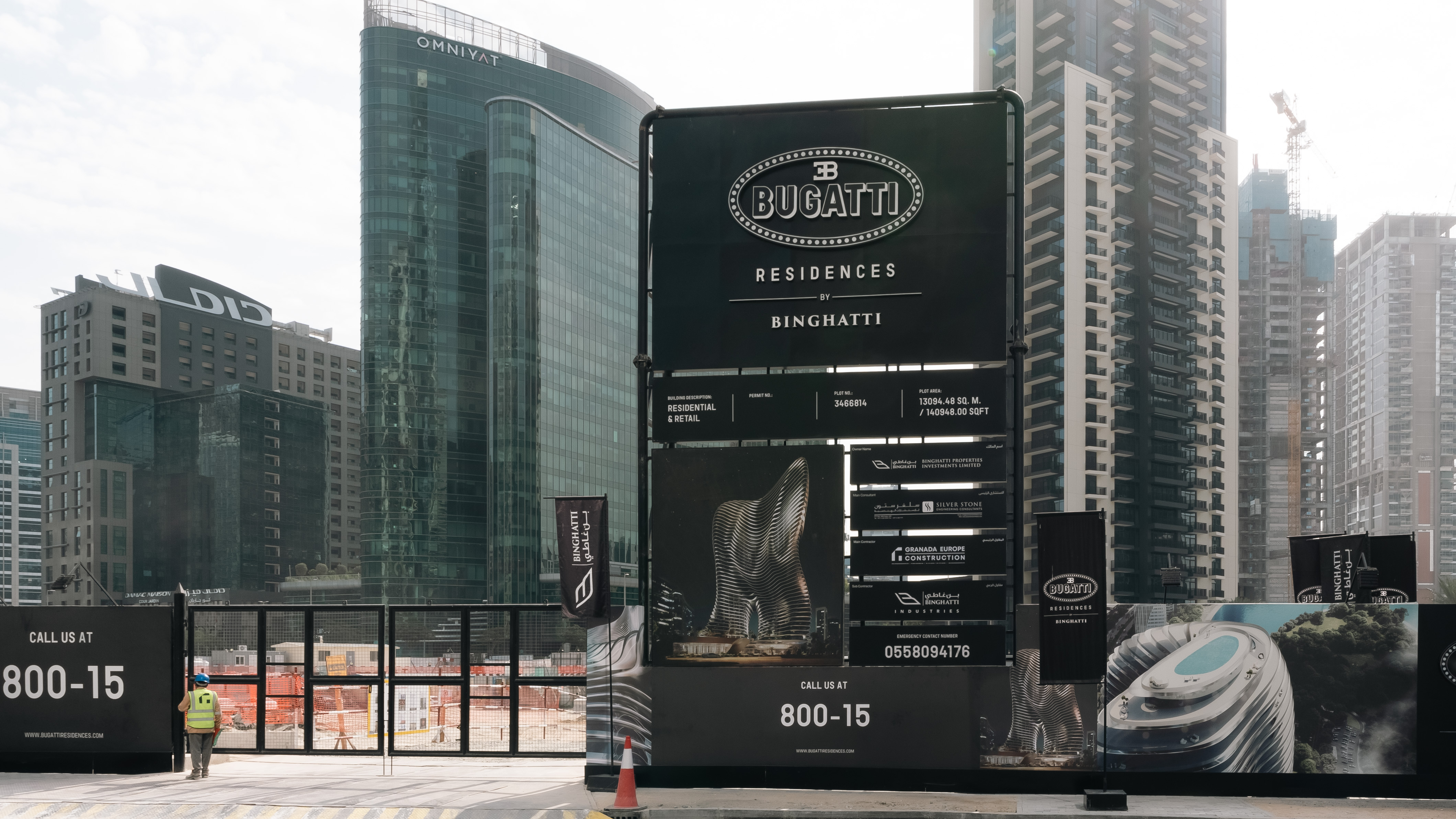
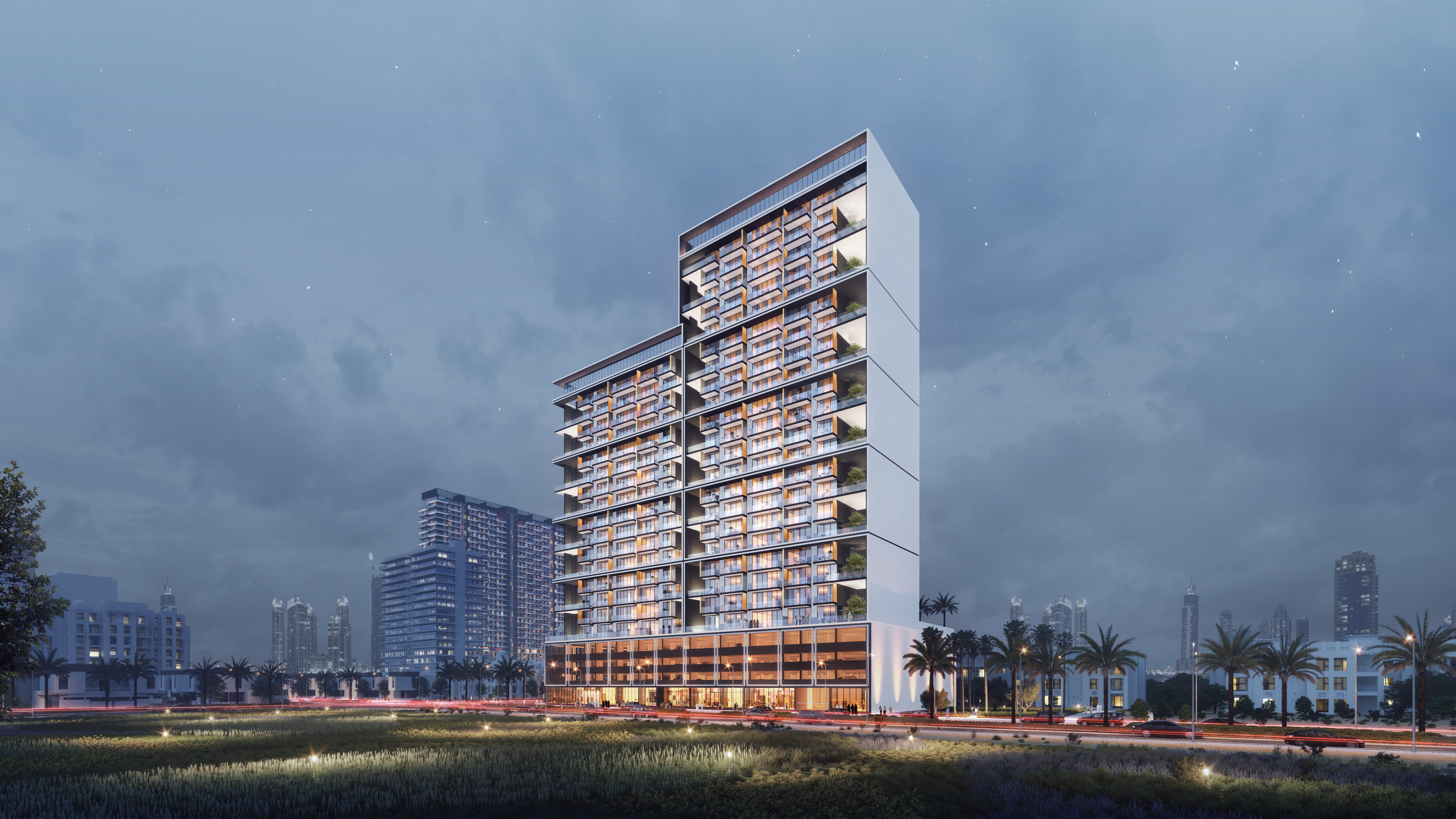
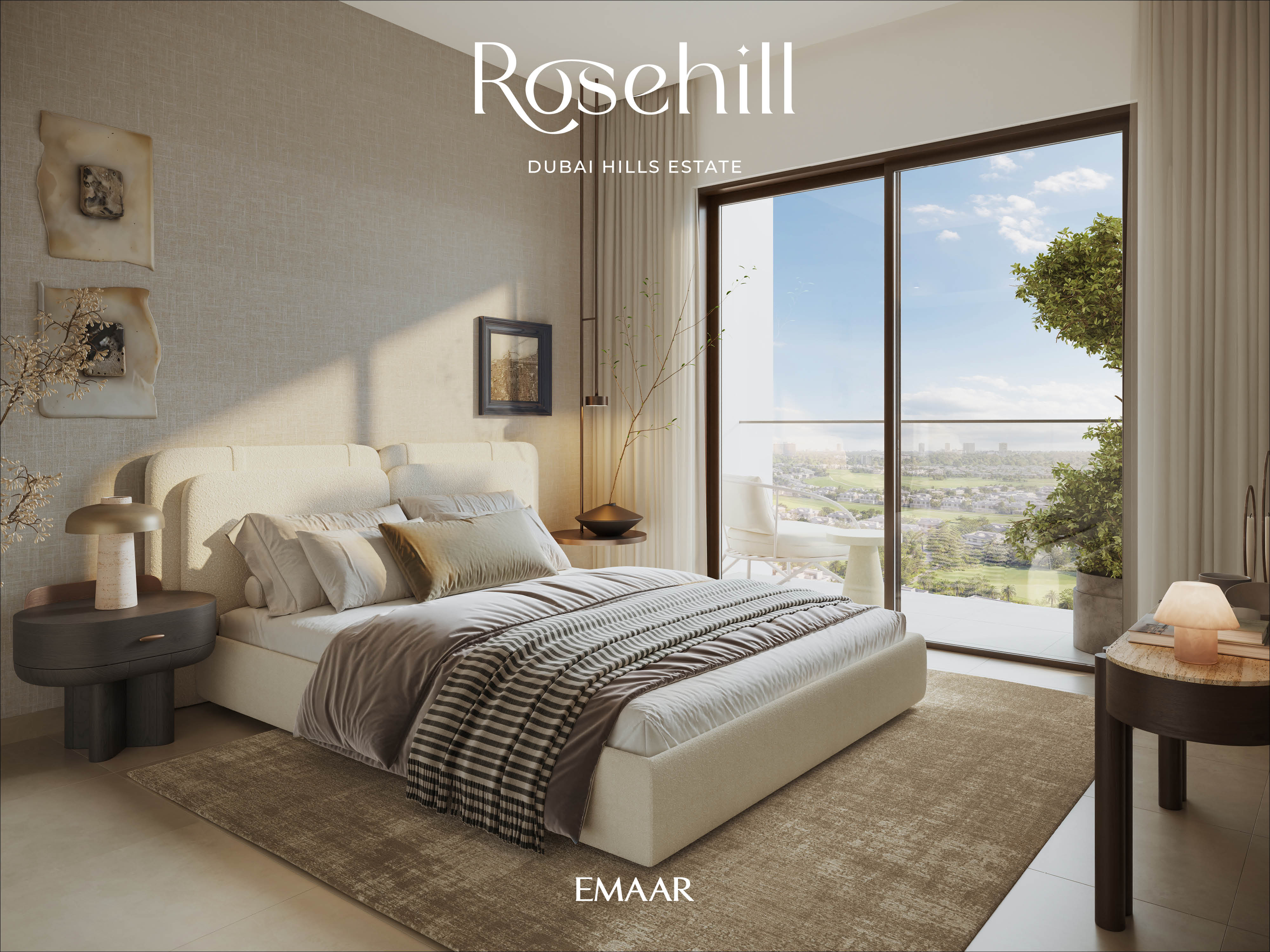

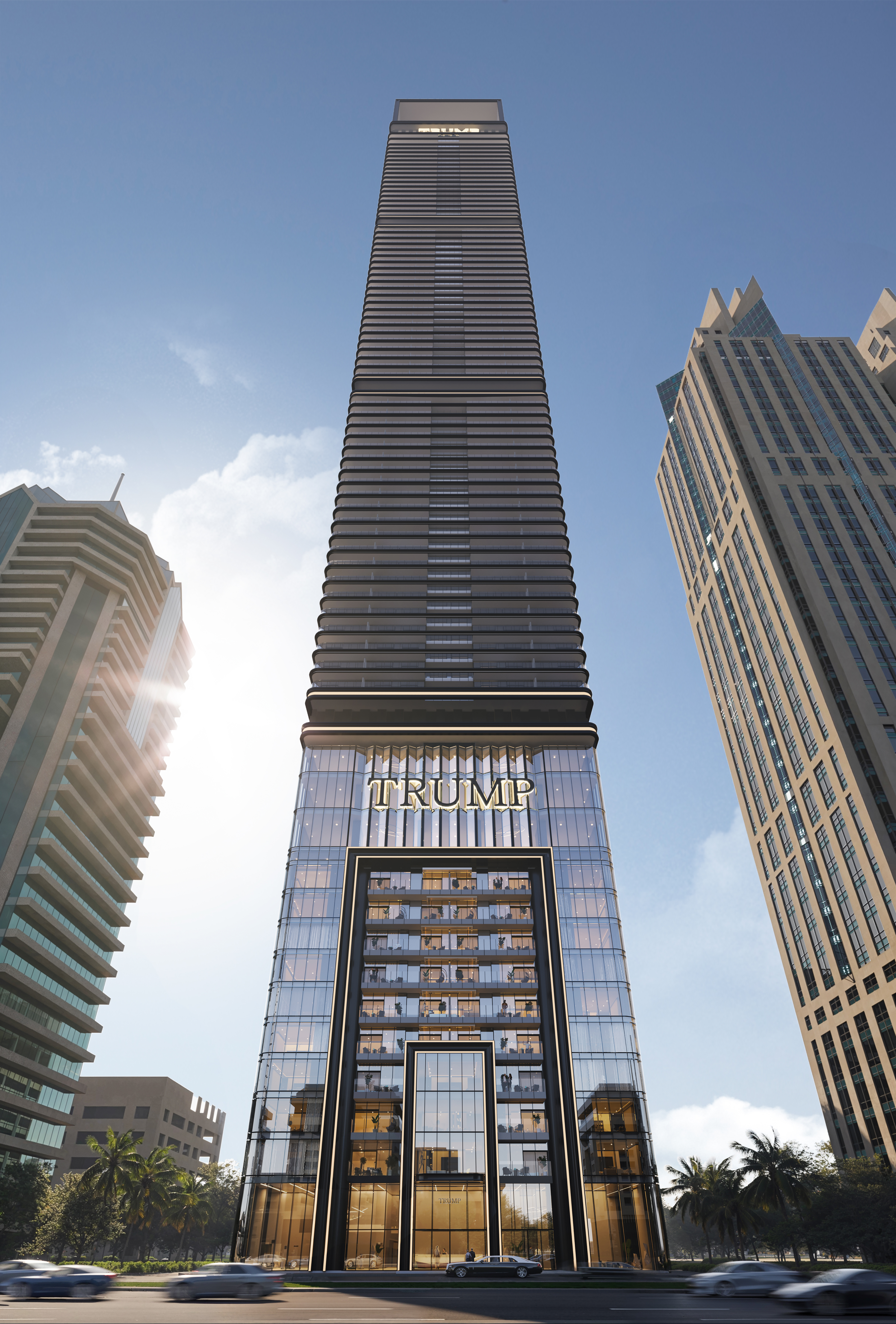
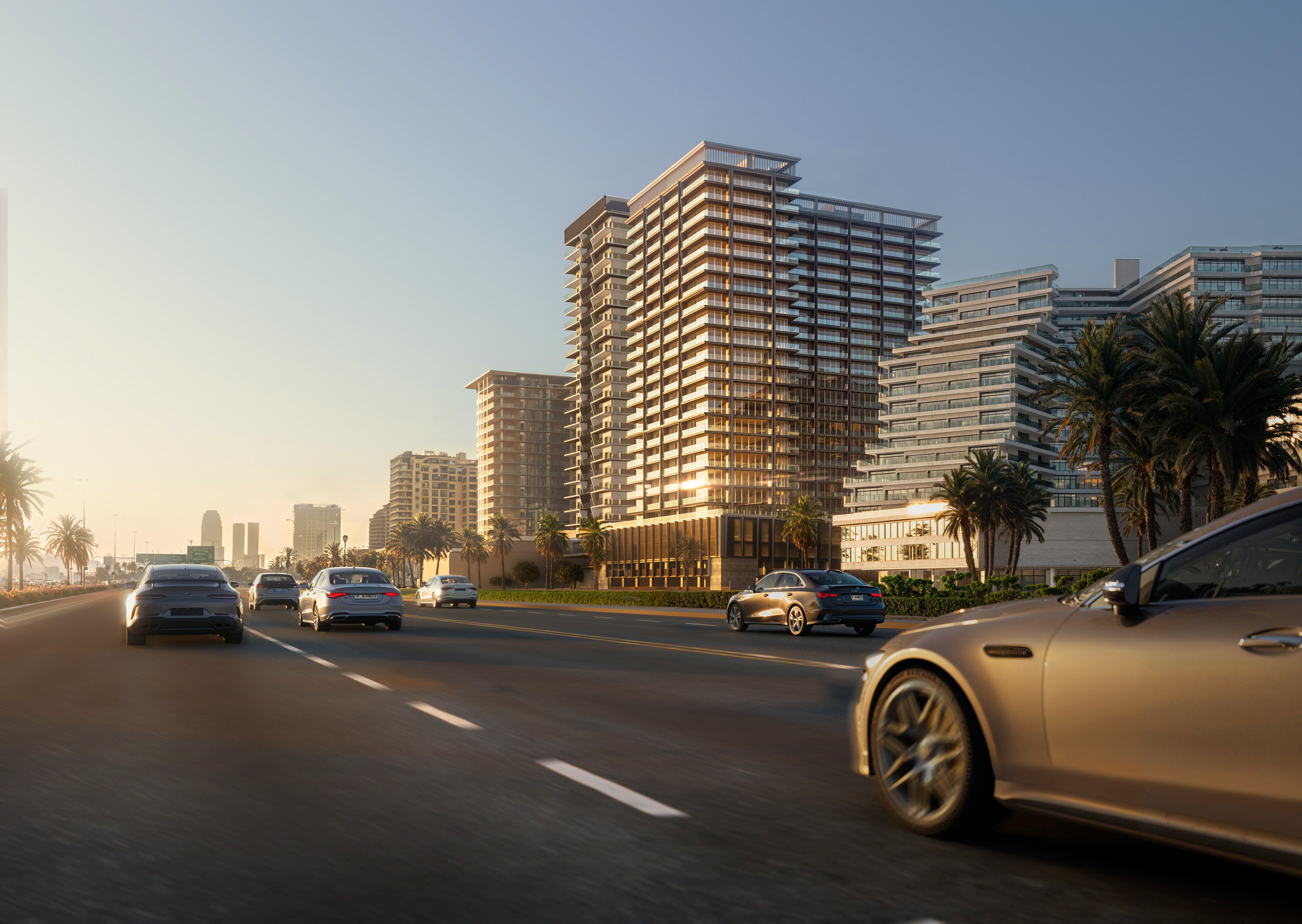
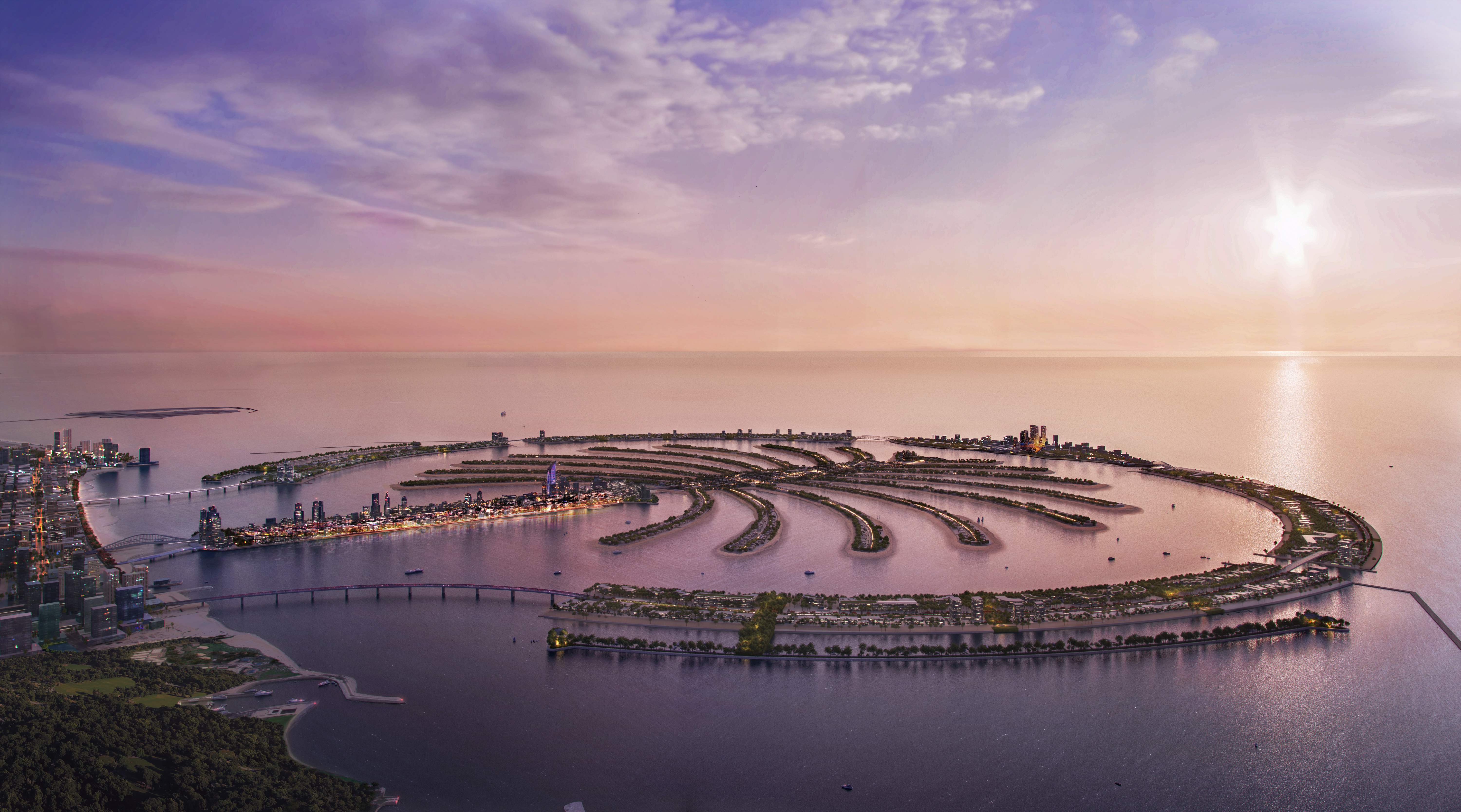

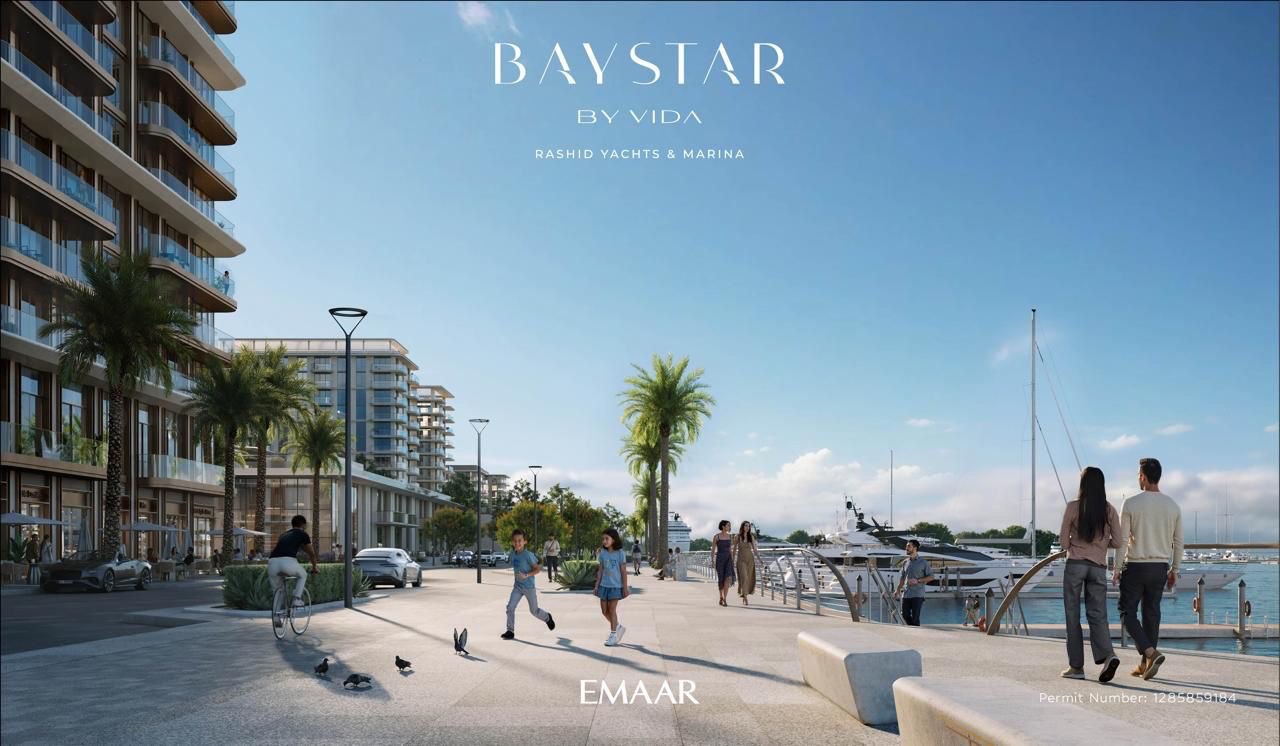
.jpeg)
